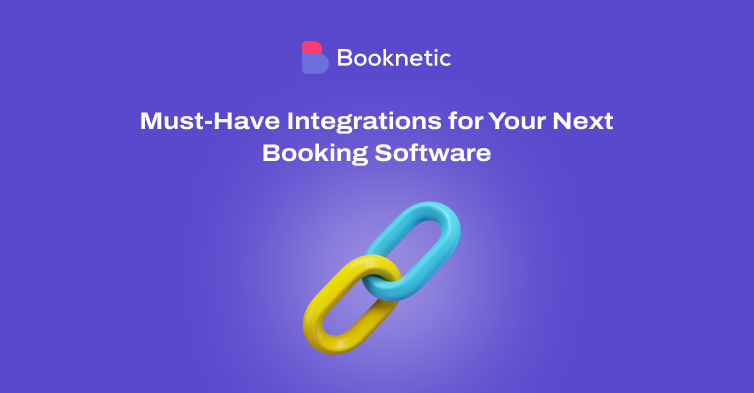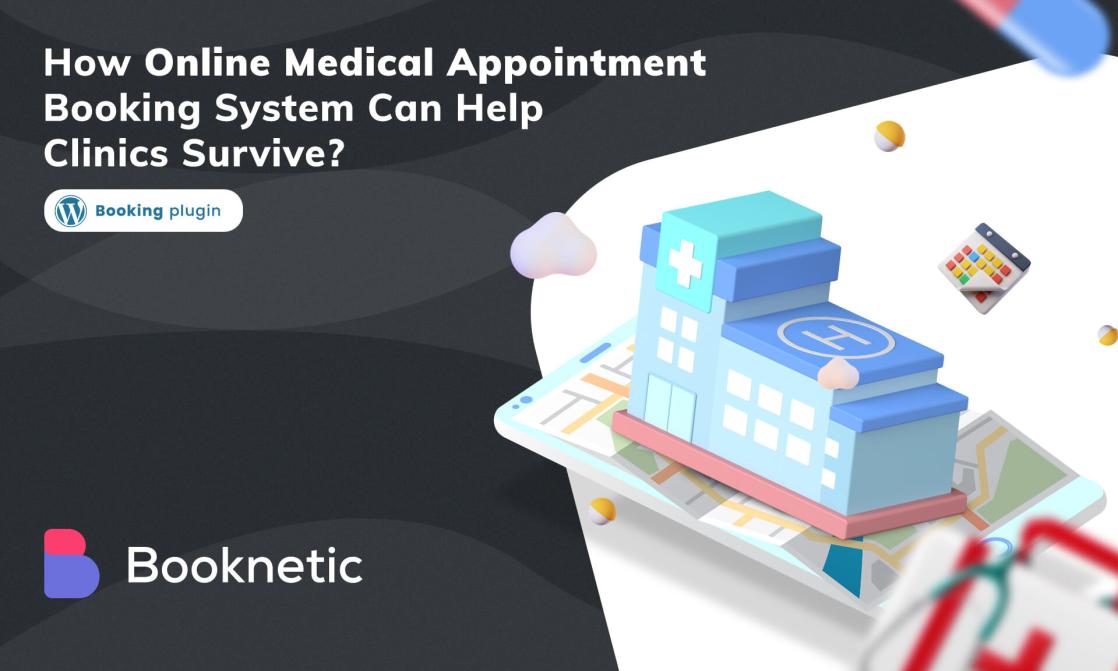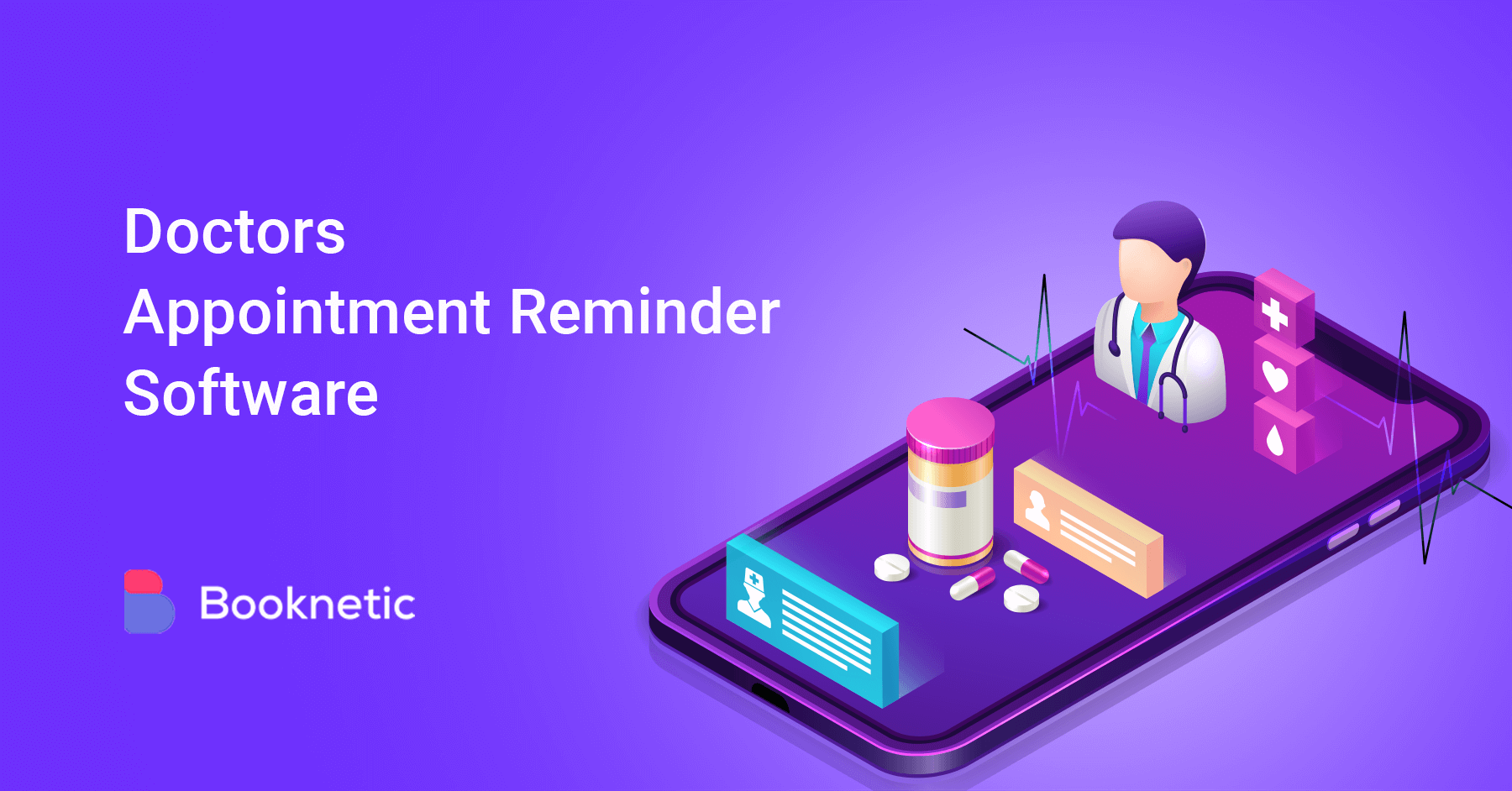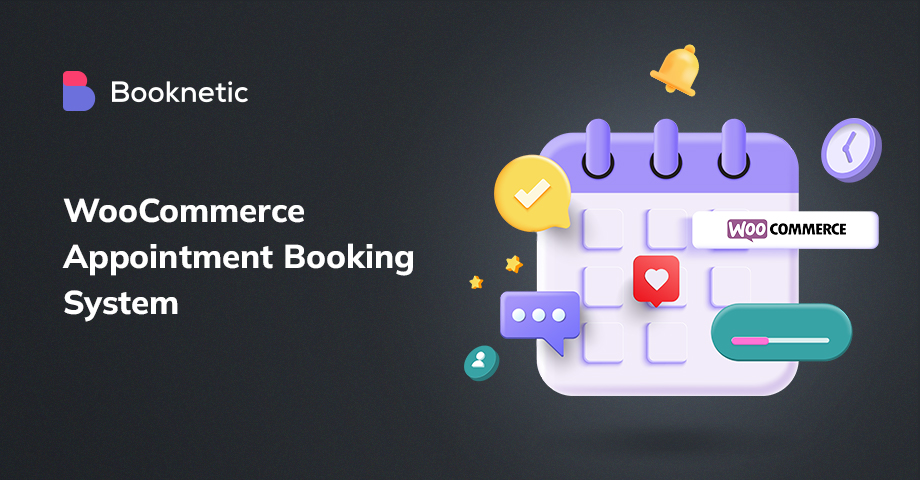
Integrations are the backbone of any powerful booking software. Why? Because they maximize efficiency and elevate the user experience. They also take a lot of headache by connecting two (or more) different solutions you have at hand.
In this article, we’ll explore the must-have integrations your booking software needs to make your business run like a well-oiled machine.
Why Are Integrations Important for Booking Software?
For appointment booking software, integrations are crucial because they enhance functionality and save time. They automatically sync appointment details with your team’s calendars or update client information in your CRM system without manual effort. These features not only boost productivity but also lead to higher customer satisfaction. Integrations can help businesses run more efficiently, making a significant impact on overall operations.
Integration 1: Calendar Synchronization (Google Calendar, Microsoft Outlook)
Calendar synchronization is one of the most fundamental integrations for booking software. Without it, scheduling can become a logistical nightmare. By integrating your booking system with popular platforms like Google Calendar or Microsoft Outlook, you ensure real-time updates and eliminate double bookings.
Why is calendar integration essential? For one, it provides scheduling accuracy by syncing appointments across devices and platforms. This means that whether your staff is using a smartphone or a desktop, they’ll have the most up-to-date information. Clients also benefit from this, as it reduces scheduling errors and allows for more convenient booking.
Some popular calendar integrations include Google Calendar, which offers instant updates and customizable notifications, and Microsoft Outlook, known for its seamless cross-platform scheduling features. With real-time updates, your team stays organized, and your clients enjoy a hassle-free booking experience.
Integration 2: CRM Systems (Salesforce, HubSpot)
Integrating your booking software with a Customer Relationship Management (CRM) system like Salesforce, HubSpot, or Pipedrive is a game-changer for managing client relationships effectively.
This integration ensures that all client information, appointment history, and interactions are automatically updated in one place. It saves time and reduces the risk of human error from manual data entry.
How does this boost productivity? For one, your team gains instant access to a client’s booking history, preferences, and notes, allowing for more personalized service. Sales and marketing teams can use this data for lead management and targeted follow-ups.
For example, a wellness clinic could use HubSpot to track which clients haven’t booked in a while and send tailored reminders. Automated data entry and streamlined client history tracking make CRM integration an invaluable asset for growing businesses.
Popular CRM options for seamless integration include Salesforce for advanced lead tracking, HubSpot for marketing automation, and Pipedrive for budget-friendly CRM features. By connecting your booking software with a CRM, you can improve customer relationship management and enhance the overall client experience.
Integration 3: Payment Gateways (Stripe, PayPal, Square)
A seamless and secure payment process is essential for any appointment-based business. Integrating payment gateways like Stripe, PayPal, or Square directly into your booking software simplifies transactions and boosts client trust.
Clients can pay when booking their appointments, which not only streamlines operations but also reduces no-shows by making the booking process a financial commitment.
Why are payment integrations so important? First, they offer convenience for clients, who prefer multiple payment options.
Second, they provide a secure, PCI-compliant payment experience, which is crucial for protecting sensitive financial information. Lastly, they automate invoicing and financial tracking, saving your team hours of administrative work.
When comparing popular options, Stripe is known for its flexibility and global reach, PayPal is favored for its brand recognition and ease of use, and Square offers robust point-of-sale features for brick-and-mortar businesses.
Whichever you choose, integrating a reliable payment gateway will be a game-changer for your business.
Integration 4: Communication Tools (SMS, Email, WhatsApp)
Effective communication is key to reducing missed appointments and keeping clients informed. Integrating communication tools like SMS, email, and even messaging platforms like WhatsApp ensures that your clients receive timely reminders and updates. For instance, you can automate SMS reminders for upcoming appointments or send confirmation emails instantly after a booking is made.
How does this benefit your business? Automated reminders and notifications drastically reduce no-shows and improve appointment attendance. Clients appreciate the convenience, and your staff spends less time making manual reminder calls. WhatsApp integration, for example, allows businesses to engage with clients through a platform they already use frequently, enhancing customer communication and engagement.
Examples of how these integrations work include sending follow-up emails with special offers or appointment confirmations via SMS. MailChimp can be used for automated email campaigns, while Twilio is a popular choice for setting up SMS reminders. By incorporating these communication tools, you can ensure clients are well-informed and more likely to follow through with their appointments.
Integration 5: Analytics and Reporting Tools (Google Analytics, Tableau, Power BI)
Tracking the performance of your appointment booking software and understanding customer behavior are crucial for strategic planning. Integrating analytics and reporting tools like Google Analytics, Tableau, or Power BI allows you to gain data-driven insights into appointment trends, client preferences, and software usage.
Why does this matter? Analytics integrations help you monitor key metrics such as peak booking times, appointment no-show rates, and revenue generated from bookings. These insights enable you to make informed decisions, like adjusting your staff schedules or launching targeted marketing campaigns.
For instance, Google Analytics can track how visitors interact with your online booking page, giving you clues on how to improve the booking flow.
With Tableau or Power BI, you can create custom dashboards to visualize data, making it easier to identify patterns and trends.
Ultimately, analytics integrations empower you to refine your services and improve your overall business efficiency, ensuring your scheduling operations align with your goals for growth.
Integration 6: Marketing Platforms
Marketing integrations are essential for engaging clients, driving repeat business, and promoting your services. Connecting your booking software with marketing automation platforms like MailChimp or ActiveCampaign enables you to send personalized email campaigns, set up appointment reminders, and even retarget clients who haven’t booked in a while.
How do these integrations work? You can use MailChimp to automate newsletters or special offers to clients based on their booking history. ActiveCampaign allows for sophisticated email sequences that nurture leads and convert them into loyal customers. Additionally, integrating social media tools like Planly helps you manage your social media presence and drive traffic to your booking page.
These marketing tools make client engagement seamless, ensuring your business stays top of mind. Investing in marketing integrations is a powerful way to boost visibility and retain customers.
How to Choose the Right Integrations for Your Business Needs
Choosing the right integrations depends on your business size, industry, and existing software ecosystem. Start by assessing your current workflow and identifying gaps where integrations could improve efficiency. For instance, if you struggle with payment collection, prioritize a secure payment gateway. If managing client relationships is a challenge, focus on a CRM integration.
During the trial phase, test how well different integrations work with your booking software. Does the calendar sync effortlessly with your team’s schedules? Are payment transactions smooth and secure?
Evaluate how easy it is to set up and use these integrations daily. Prioritizing integrations that align with your specific goals, like reducing missed appointments or increasing automation, is key to maximizing the software’s value.
Consider scalability, too. As your business grows, will the software and its integrations accommodate more clients, staff, or additional services?
At the end, Integrating your booking software with the right tools will transform your scheduling process and make your business more efficient and client-focused.
Sign up for our newsletter
Be the first to know about releases and industry news and insights.
Booknetic is a simple yet powerful plugin for accepting online bookings & payments on your WordPress site.



